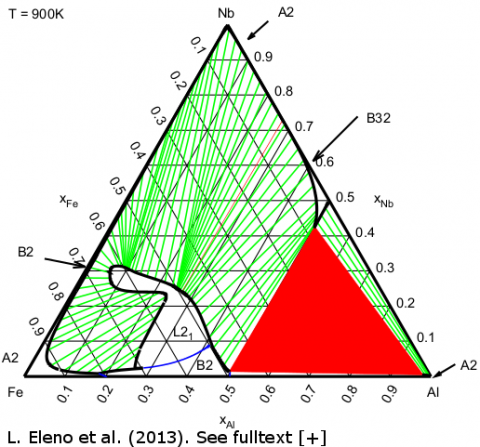Nanomol Group
Welcome to the Nanomol Group webpage.
Our research includes inorganic and organic materials, and also hybrid combinations, through theoretical condensed-matter physics and theoretical chemistry approaches. We study metals, semiconductors and semiconducting oxides, mainly as nanostructures, and with interest in electronic, optical and magnetic properties. Concerning organic materials, we have two main focuses: biomolecules, and organic electronics. In these areas we also investigate the effect of organic/inorganic interfaces.
The properties are focused from the atomistic point of view, but with very different formalisms. Starting from Classical Molecular Dynamics, we can follow the time-evolution of structural conformation for systems with many thousands of atoms, at finite temperature, under chosen constraints. For electronic and optical properties, for smaller but still large and complex systems (usually carbon-based but not only), we can pass to semi-empirical quantum formalisms, and finally, for specific model systems, we can reach the ab initio quantum treatments within Density Functional Theory, or even move to beyond-mean-field formalisms.
To reach state-of-the-art investigations, we work with the frontier academic computational codes, or, as has been the case for some issues, also with code development. In general we use for quantum simulations the super-cell approach, with plane-waves or localized basis sets, including the core electron states (fully or through linearized approximations) or not (pseudopotentials). Since the group masters several different procedures and codes, this has allowed us to investigate puzzling and controversial effects in different materials, such as nanomagnetism and exotic topological structures, transport and excitonic effects for polymers and graphene nanoflakes.
In this site we present the group at the Institute of Physics, University of São Paulo. We are very happy to work closely with colleagues from different institutes and all over Brazil, who take part in the CNPq group Nanomol. We include their web addresses at the "members" subpage. 
